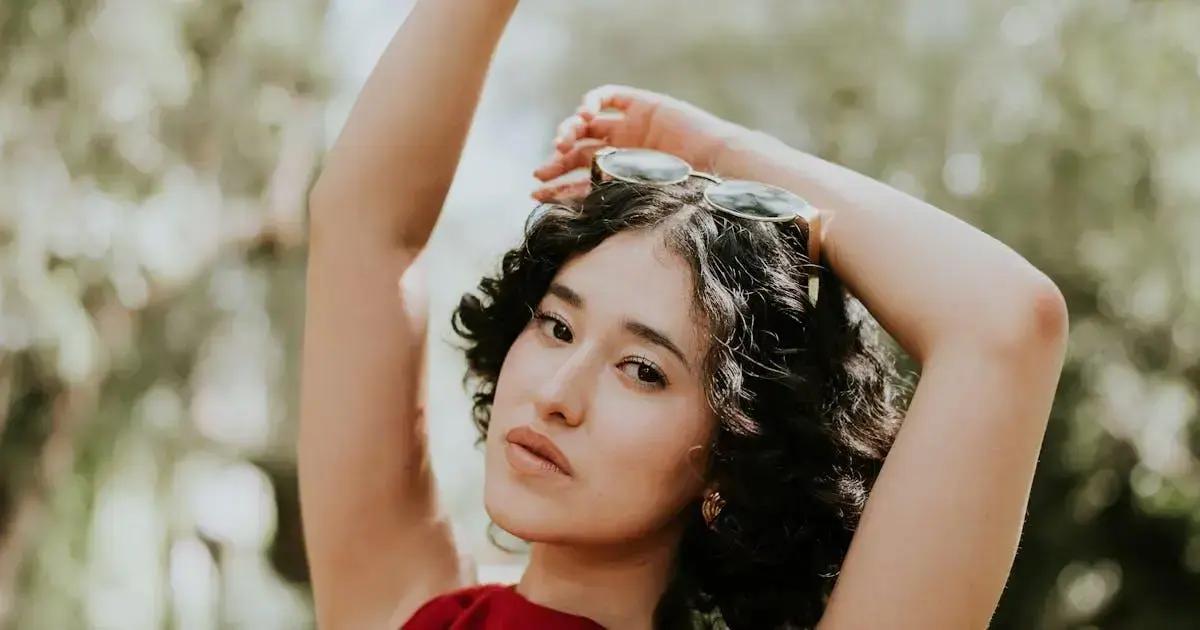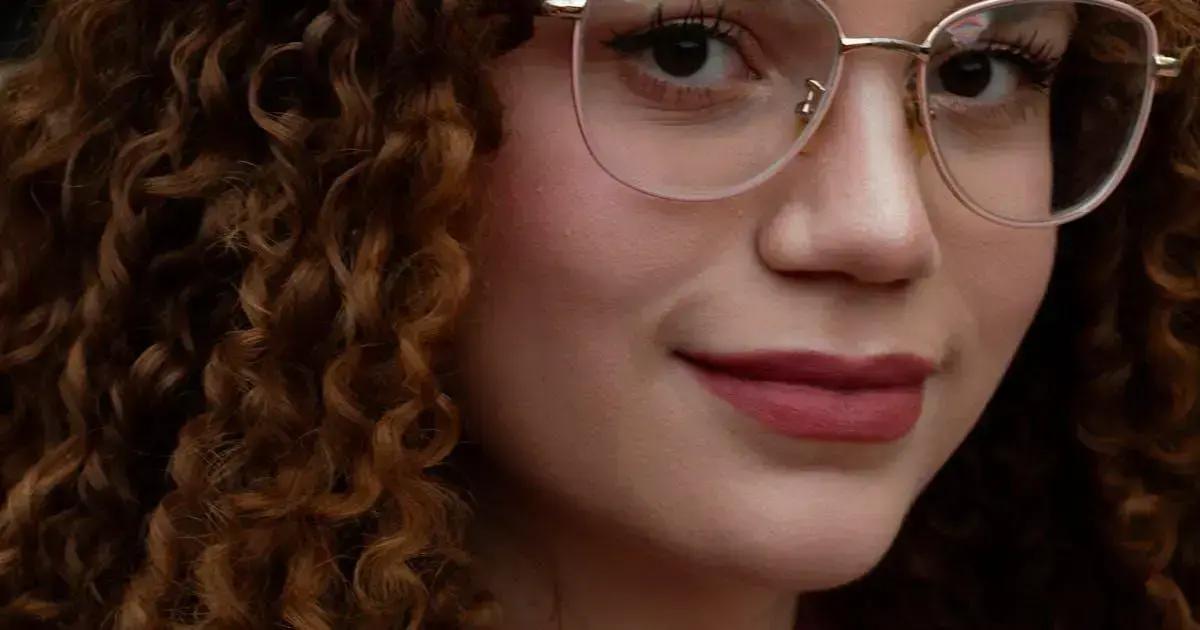Hair loss and thinning during menopause result from declining estrogen and progesterone levels, causing weaker hair follicles and shorter growth cycles, while lifestyle, nutrition, and hormonal imbalances also influence the severity and management of hair changes.
Hair loss and thinning during menopause can sneak up on you, leaving many feeling confused or frustrated. Ever wondered why your hair doesn’t feel like it used to? Let’s explore together what’s behind these changes and what you might do about it.
The Calm Reset — 7 Days to Feel Steady, Kind & In Control Again - Only $2.99
Gentle guidance trusted by our community.
Table of Contents
Understanding hair changes during menopause
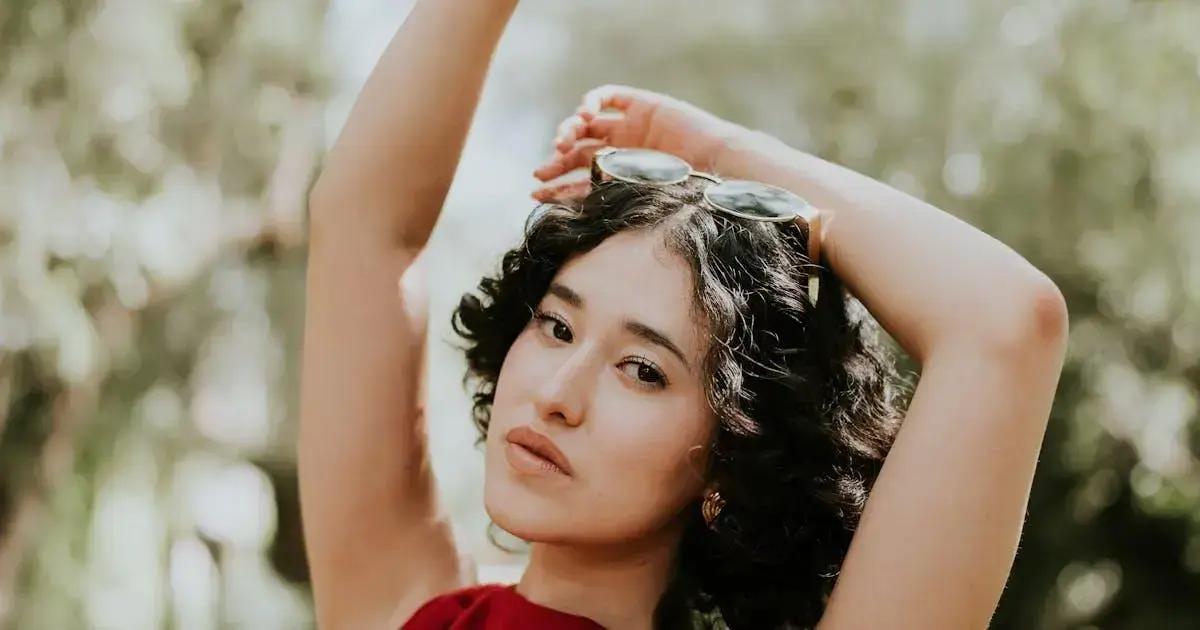
During menopause, many women notice significant changes in their hair. Understanding hair changes during menopause begins with recognizing that fluctuations in hormone levels, especially estrogen and progesterone, play a critical role. These hormones help keep hair in the growing phase longer, so when they decline, hair can become thinner and fall out more easily.
Menopause also causes the production of androgens (male hormones) to rise relative to estrogen. This hormonal shift can lead to hair follicles shrinking, resulting in finer, weaker strands or slower hair growth. Some women might also experience changes in hair texture and scalp oiliness, which affect overall hair health.
Signs of Menopausal Hair Changes
Common signs include diffuse thinning across the scalp, a widening part, and reduced volume. Hair may feel dry or brittle and may shed more than usual during brushing or washing. These symptoms can sometimes cause worry, but understanding they are related to hormonal changes helps in managing expectations and care.
Factors Influencing Hair Changes
Other than hormones, age-related factors such as genetics, stress, nutrition deficiencies, and medical conditions can amplify hair changes during menopause. For example, iron or vitamin D deficiency and thyroid problems can worsen hair thinning.
By grasping the hair changes happening during menopause, women are better equipped to respond with appropriate hair care routines and lifestyle adjustments that support hair health through this transitional phase.
Common causes of hair thinning in menopausal women
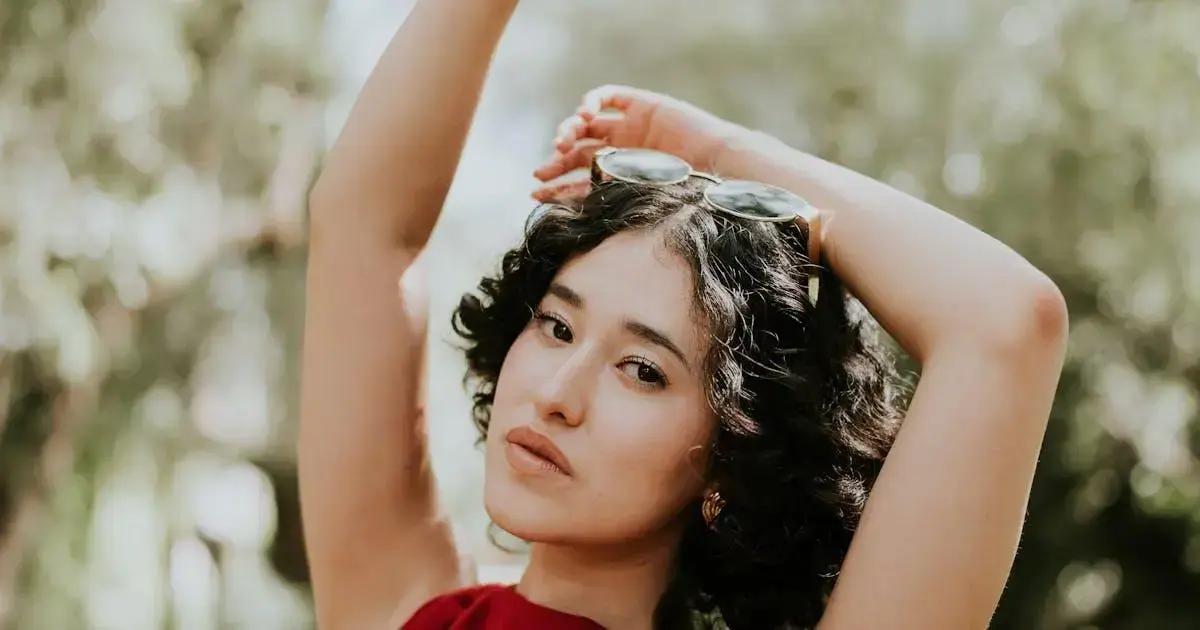
Hair thinning during menopause is often caused by a combination of hormonal shifts and other underlying factors. The primary reason is the decrease in estrogen and progesterone, hormones that help maintain hair growth and thickness. When these hormones fall, hair follicles can shrink, leading to thinner, weaker hair strands.
Hormonal Imbalance
Estrogen supports the hair growth cycle, so lower estrogen levels during menopause shorten the growth phase, causing more hair to fall out naturally. At the same time, increased androgen levels can trigger hair follicles to produce finer hairs or stop growth altogether, a condition known as androgenic alopecia.
Nutritional Deficiencies
Lack of key nutrients such as iron, zinc, vitamin D, and biotin can also contribute to hair thinning. Menopausal women may experience changes in appetite or absorption issues that worsen nutritional deficits, impacting hair health.
Stress and Lifestyle Factors
Stress hormones like cortisol can disrupt the natural hair growth cycle, increasing shedding. Poor sleep, unhealthy eating habits, smoking, and excessive styling or chemical treatments can further damage hair quality.
Medical Conditions and Medications
Conditions such as thyroid disorders, autoimmune diseases, or scalp infections can cause or worsen thinning. Some medications taken during menopause, including those for blood pressure or depression, may have hair loss as a side effect.
Recognizing these causes can help women better address their hair thinning by consulting healthcare providers and modifying lifestyle choices accordingly.
How hormones influence hair health after 30
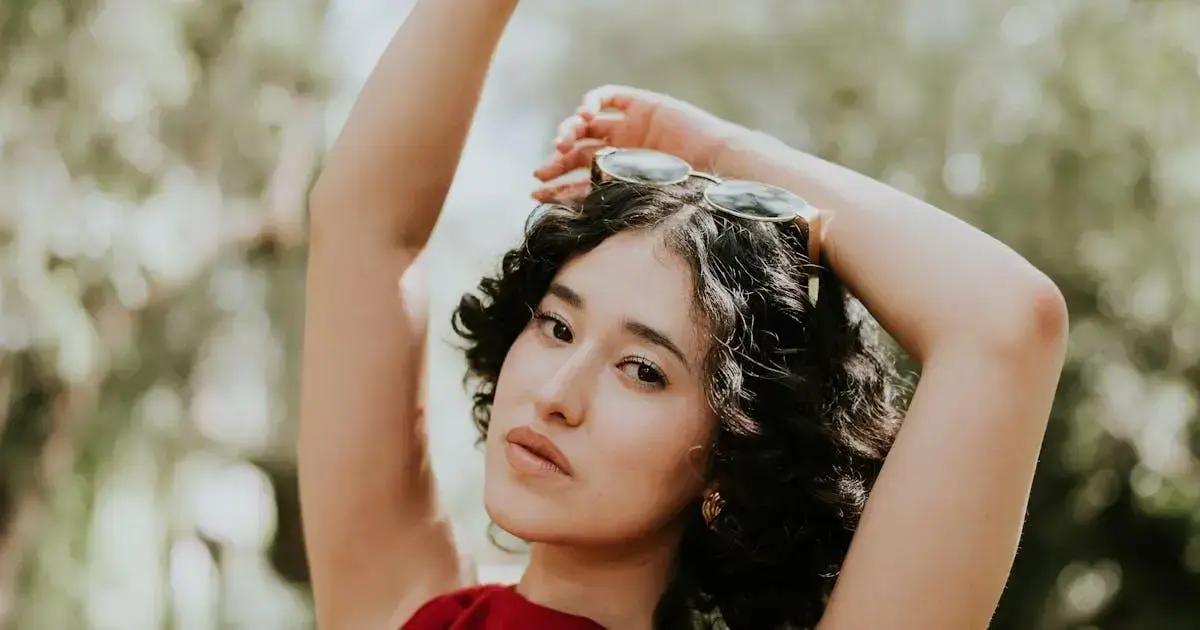
Hormones play a crucial role in maintaining healthy hair, especially as women age beyond 30. After 30, hormonal fluctuations can impact the hair growth cycle and follicle health. Estrogen, for example, helps keep hair in the growth phase, which supports thicker, fuller hair.
Role of Estrogen and Progesterone
During reproductive years, higher levels of estrogen and progesterone promote hair growth and shine. However, as women approach menopause, these hormone levels decline, causing hair to grow more slowly and appear thinner.
Impact of Androgens
Androgens, including testosterone, can increase with age and affect hair follicles negatively by shrinking them. This leads to shorter growth phases and finer hairs, contributing to hair thinning and, in some cases, hair loss.
Thyroid Hormones and Hair Health
Thyroid imbalances are common after 30 and can disrupt hair health. Both hypothyroidism and hyperthyroidism can lead to brittle, thinning hair because thyroid hormones regulate the speed of hair growth and repair.
Stress Hormones and Hair Growth
Cortisol, the primary stress hormone, may also interfere with hair growth cycles when elevated, causing increased hair shedding and slowed regrowth.
Maintaining hormonal balance through lifestyle choices and medical advice can support healthier hair as women age.
Natural lifestyle habits to support hair growth
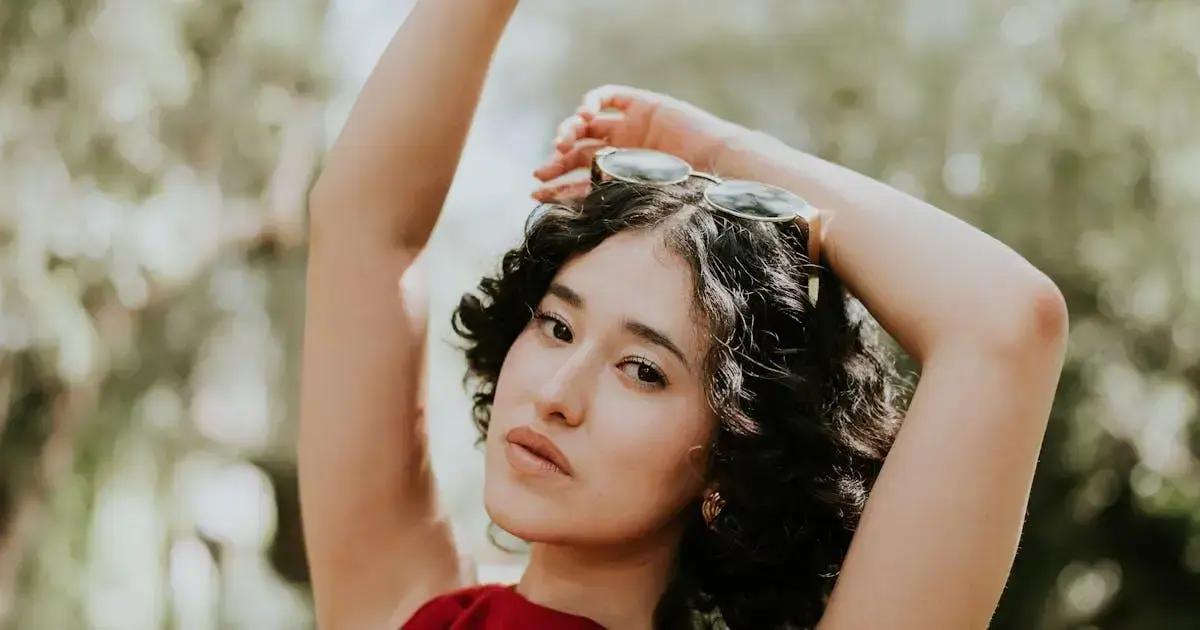
Adopting natural lifestyle habits can greatly support hair growth, especially during menopause when hair thinning is common. Small changes in daily routines can improve scalp health and strengthen hair follicles.
Balanced Diet
Eating a varied diet rich in vitamins and minerals is essential. Foods high in iron, zinc, biotin, and vitamin D promote hair strength and growth. Incorporate plenty of leafy greens, nuts, seeds, eggs, and fatty fish into your meals.
Regular Exercise
Physical activity improves blood circulation, delivering more oxygen and nutrients to hair follicles. Exercise also helps balance hormones, reducing some causes of hair thinning.
Proper Hair Care
Use gentle shampoos and avoid harsh chemical treatments or excessive heat styling. Regular scalp massages can stimulate the follicles and promote hair growth.
Stress Management
High stress levels increase cortisol, which may lead to hair shedding. Practices like yoga, meditation, and deep breathing help keep stress in check.
Hydration and Sleep
Drinking enough water keeps hair hydrated and strong. Additionally, quality sleep supports hormone balance and cell repair, important for healthy hair.
By embracing these natural habits, women may notice healthier, thicker hair and improved overall well-being during menopause.
Supplements and nutrients that may help
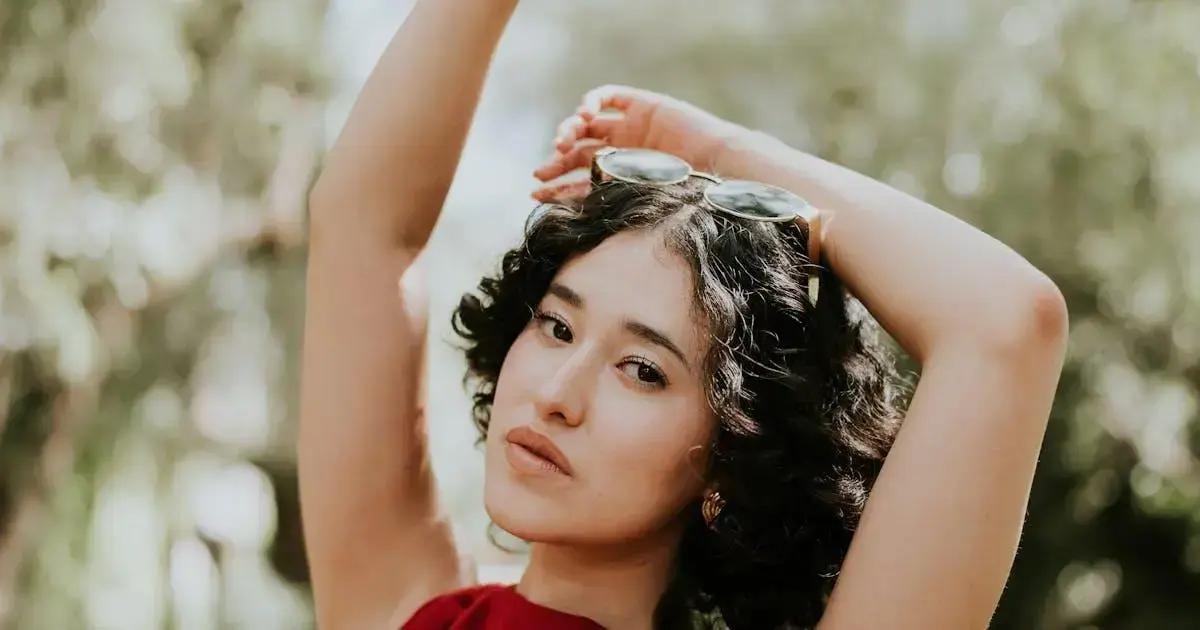
Certain supplements and nutrients can support hair growth and reduce thinning, especially during menopause.
Biotin (Vitamin B7)
Biotin strengthens hair and nails by supporting keratin production. Many women notice improved hair texture and thickness with regular biotin supplementation.
Vitamin D
Vitamin D plays a role in hair follicle health. Deficiency is linked to hair thinning, so supplementing may encourage new hair growth and improve scalp condition.
Iron
Iron deficiency can cause hair loss. Proper iron levels increase oxygen delivery to hair follicles, enabling healthier growth. Women are often at risk of deficiency during menopause.
Zinc
Zinc helps repair hair tissue and maintain oil glands on the scalp. Supplemental zinc supports hair strength and reduces shedding.
Omega-3 Fatty Acids
Omega-3s nourish hair follicles, reduce inflammation, and improve circulation. These fatty acids promote shinier, thicker hair.
Collagen
Collagen provides amino acids needed for hair structure. It improves hair elasticity and may protect follicles from damage.
Before starting any supplement regimen, consulting a healthcare provider is important to ensure safety and proper dosage.
When to seek professional advice
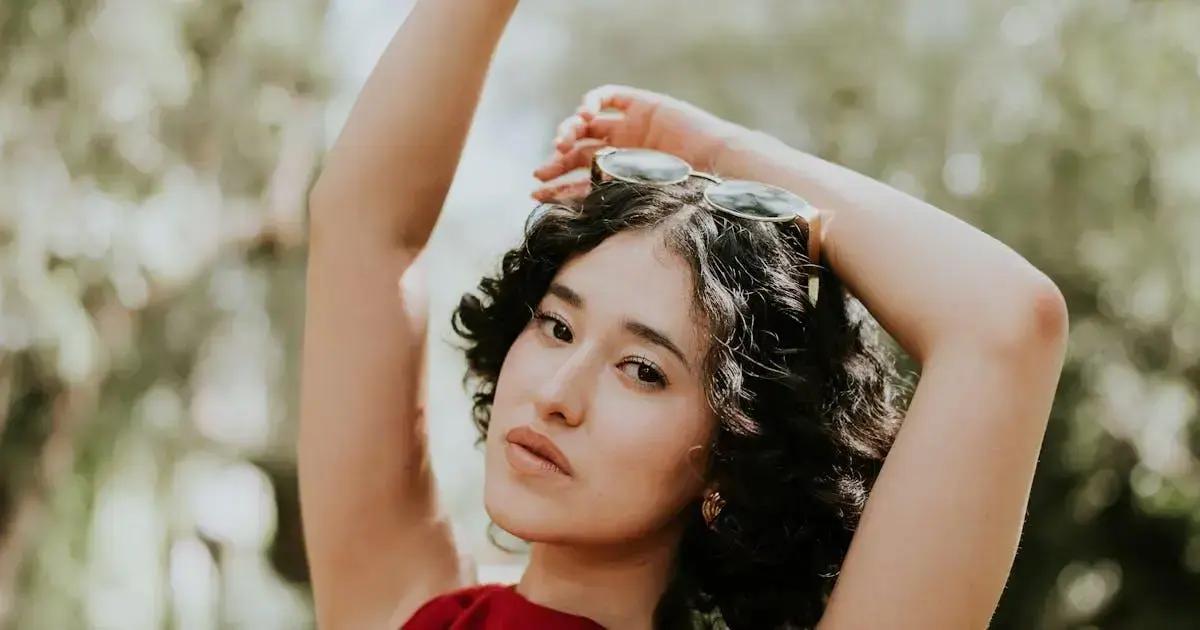
Knowing when to seek professional advice about hair loss during menopause is key to effective management and treatment. While some hair thinning is normal, certain signs may indicate underlying conditions that require medical attention.
Excessive or Rapid Hair Loss
If you notice sudden or heavy shedding, losing more than 100 hairs a day, it’s important to consult a healthcare provider. Rapid hair loss may signal issues beyond menopause, such as thyroid problems or autoimmune disorders.
Patchy Hair Loss or Scalp Changes
When hair loss occurs in patches or you observe redness, scaling, or itching on the scalp, it might indicate infections or skin conditions that need diagnosis and treatment by a dermatologist.
Associated Symptoms
Symptoms like fatigue, weight changes, mood swings, or unexplained physical changes alongside hair loss should prompt a visit to your doctor. These could point to hormonal imbalances or other health issues.
Difficulty Managing Hair Loss
If over-the-counter products and natural remedies haven’t improved your hair’s condition after several months, professional advice can help explore prescription treatments, hormone therapy, or nutritional guidance.
Early consultation allows for targeted treatment plans and helps prevent further hair loss.
Understanding and Managing Hair Loss During Menopause
Hair loss and thinning during menopause can be challenging, but knowing the causes and care options helps you take control. Simple lifestyle changes, proper nutrition, and timely medical advice can support healthier hair.
By paying attention to your body’s signals and seeking help when needed, you can better manage hair changes and feel confident during this natural phase of life.
FAQ – Hair loss and thinning during menopause
What causes hair loss during menopause?
Hair loss during menopause is mainly caused by hormonal changes, particularly the decrease in estrogen and progesterone, which affect hair growth cycles.
Can nutrition affect hair thinning in menopausal women?
Yes, deficiencies in nutrients like iron, vitamin D, zinc, and biotin can worsen hair thinning during menopause.
Are there natural ways to support hair growth during menopause?
Adopting a balanced diet, regular exercise, managing stress, proper hair care, hydration, and quality sleep can naturally support hair health.
When should I see a doctor about hair loss?
You should seek professional advice if you experience sudden or excessive hair loss, patchy bald spots, scalp irritation, or other concerning symptoms.
What supplements can help with hair thinning?
Supplements such as biotin, vitamin D, iron, zinc, omega-3 fatty acids, and collagen may support hair growth and improve hair quality.
How do hormones after age 30 affect hair health?
Hormonal changes after 30, including decreased estrogen and increased androgens, can shorten the hair growth phase and cause hair to become thinner and weaker.
The Calm Reset — 7 Days to Feel Steady, Kind & In Control Again - Only $2.99
Gentle guidance trusted by our community.
